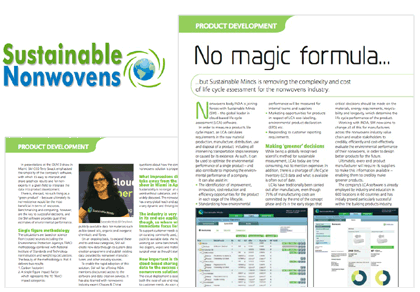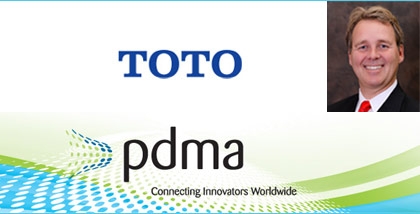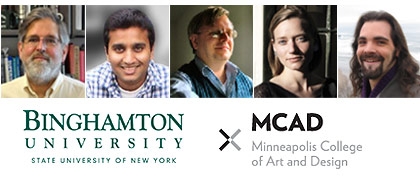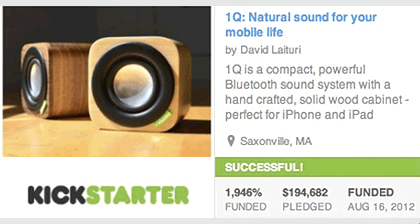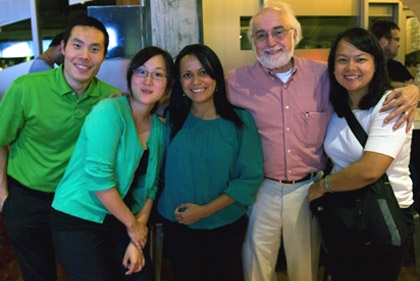Perspectives on greener product development and manufacturing from Sustainable Minds, our partners, customers and contributors.
Marketing
Announcing SM v3.0 – New data, your data, Branded Data
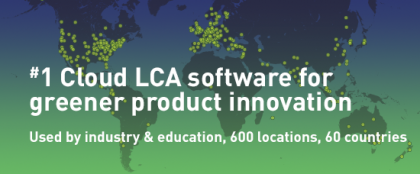
Certifications & labeling, Designers, Electronics, Green Economy, In the press, Innovation, Life cycle assessment, Manufacturing, Marketing, Materials & processes, Packaging, Product service systems, Products, Software & systems, Standards & regulations, Strategies, Supply chain, Sustainability paradox, Sustainable Europe, Sustainable interaction design, Teamwork, Webcast
Webcast: Creating Knowledge Workers for the Greener Product Marketplace, Part 3: Integrating Ecodesign & LCA
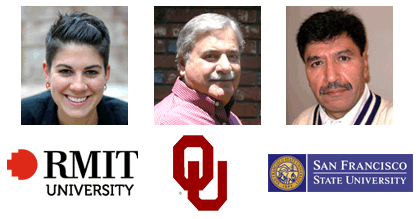
Certifications & labeling, Designers, Electronics, Green Economy, In the press, Innovation, Life cycle assessment, Manufacturing, Marketing, Materials & processes, Packaging, Product service systems, Products, SM in education, Software & systems, Standards & regulations, Strategies, Supply chain, Sustainability paradox, Sustainable Europe, Sustainable interaction design, Teamwork, Webcast
Webcast: Creating Knowledge Workers for the Greener Product Marketplace, Part 2: Getting Started
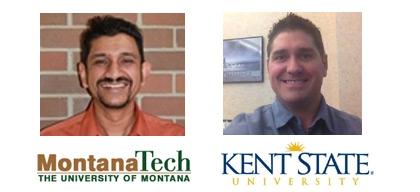
Certifications & labeling, Designers, Electronics, Green Economy, In the press, Innovation, Life cycle assessment, Manufacturing, Marketing, Materials & processes, Packaging, Product service systems, Products, SM in education, Software & systems, Standards & regulations, Strategies, Supply chain, Sustainability paradox, Sustainable Europe, Sustainable interaction design, Teamwork, Webcast
Webcast: Creating Knowledge Workers for the Greener Product Marketplace, Part 1
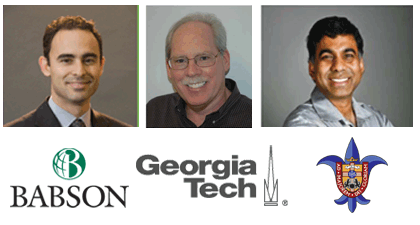
Certifications & labeling, Designers, Electronics, Green Economy, In the press, Innovation, Life cycle assessment, Manufacturing, Marketing, Materials & processes, Packaging, Product service systems, Products, SM in education, Software & systems, Standards & regulations, Strategies, Supply chain, Sustainability paradox, Sustainable Europe, Sustainable interaction design, Teamwork, Webcast
Innovating Greener Product Curriculum

Certifications & labeling, Designers, Electronics, Green Economy, In the press, Innovation, Life cycle assessment, Manufacturing, Marketing, Materials & processes, Packaging, Product service systems, Products, SM in education, Software & systems, Standards & regulations, Strategies, Supply chain, Sustainability paradox, Sustainable Europe, Sustainable interaction design, Teamwork, Webcast






 Feed: blog
Feed: blog
